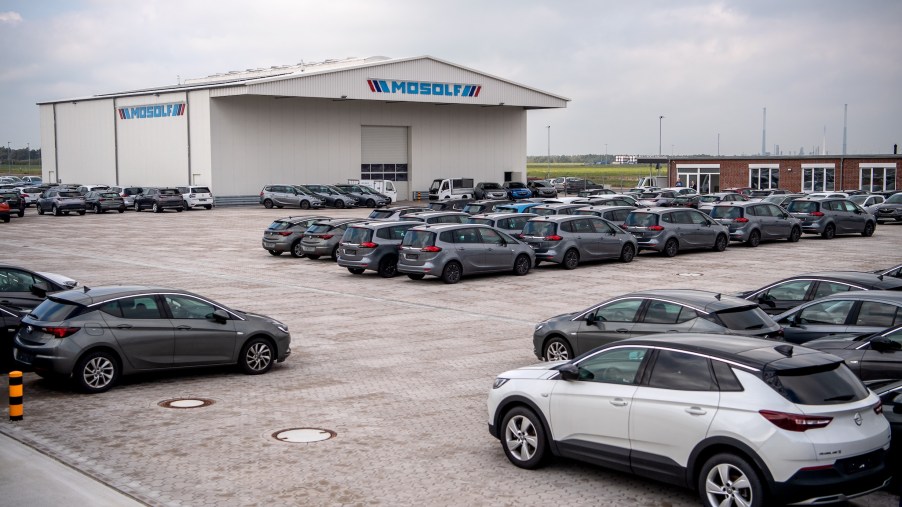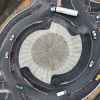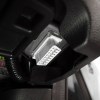
The Biggest Differences Between New and Used Cars You Should Know About
The decision between buying a new car or a used car can be a hard one. There are many advantages to buying new or buying used, but there are also many disadvantages. With so many differences between new and used cars, it’s important to do your due diligence and find what suits your needs best. As one of the biggest investments you can make, understanding the differences between new and used cars can save you money and heartache in the future.
Buying new vs. used: the differences in cost
The biggest and most apparent difference between buying new and used is cost. Pre-owned cars will always cost less to buy than new models, even considering the variety of factors that can play a role in the amount of savings. Although it is true some pre-owned vehicles could cost more than some new cars, a used model will always cost less than the newest version of the same model. And with most new vehicles requiring financing, pre-owned vehicles will also cost less across monthly and yearly payments. For used vehicles purchased without financing, there are no monthly payments and an even bigger difference in cost.
Used cars come with lower sticker prices, but not necessarily lower cost-of-ownership. According to CarFax, used cars are more likely to cost you more at the pump than new cars, and without warranties and the niceties of being new, used cars may cost you more in maintenance and repairs. Conversely, because a used car is worth less than a new car, the cost of insuring it is often much less than a new car.
What you’re paying for when you buy new or used cars
The price of a car correlates with what you’re paying for. While pre-owned cars cost less than new cars, that price is reflected in its features, safety, technology, fuel economy, and more. With the cost of a new car, buyers receive the best features offered in the current market. This can be especially true when considering the technological and safety-based advancements in recent years.
In addition to new features and no mileage, part of a new car’s hefty price tag is also peace of mind. Most new cars come with warranties and even maintenance coverage. If you’re lucky enough to buy a certified pre-owned vehicle or a very recent model, you may still be able to take advantage of the vehicle’s warranty and/or maintenance agreements. But this is often not the case, and the majority of pre-owned vehicles are long beyond any warranty. So while you pay more for a new car, you may pay less for repairs and maintenance over the course of a few years.
On the other hand, buying used may allow you to sink into vehicle segments that you would not normally be able to afford. According to Nerd Wallet, you get more with new vehicles coming off the lot, but used cars retain their value better after leaving the lot. Just by the end of the first year of owning your new car, it could lose up to 30 percent of its original value, whereas a pre-owned vehicle will generally only lose a small fraction of its value.
New vs. pre-owned cars: their biggest advantages
The biggest advantage of buying a pre-owned car is simply its price. Not only do previously owned vehicles cost less at purchase, but they also depreciate at a slower rate than new cars and can maintain a better resale value. Previously owned vehicles are also cheaper options to finance (if they require financing at all). But buying used may also mean more financial responsibility when it comes to repair costs and maintenance.
New cars offer the latest in features and the best in capability and fuel economy. They cost more than used cars but come with reliability and warranties. New cars offer more peace-of-mind than used cars and better shopping options. And even though new cars often require financing, financing for new cars is often cheaper and easier to acquire. New cars are also easier to negotiate a deal on than used cars.


